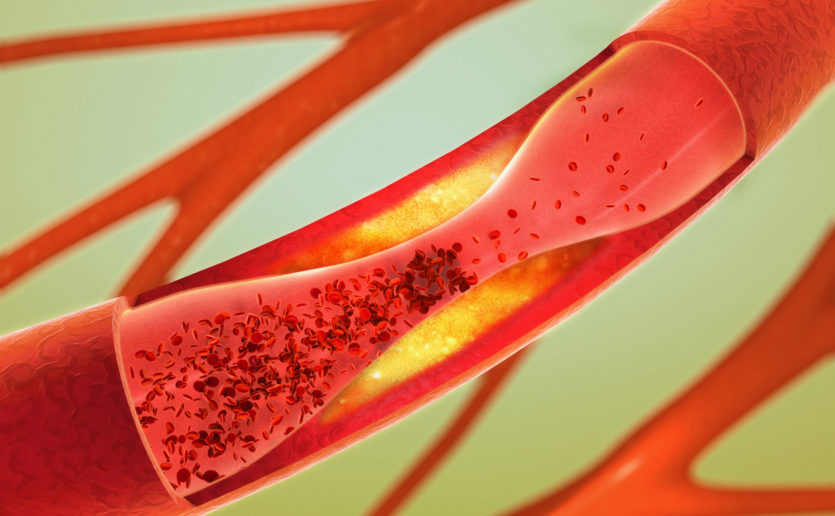The excessive increase of anything causes a reaction in the opposite direction – Plato
Analogous to this citation ‘cholesterol’ also essential substance in our body but excess of it may lead to many health complications. Therefore it is important to understand the required amount of it as well as the higher and lower limit we need to monitor.
What is cholesterol?
It is a type of a fat (also called lipid) discovered in the blood naturally. It is produced by the liver and absorbed from some of the foods in our diet.
Functions
It is a wax or oil-like substance and does not mix with the blood (water-based) discovered in every body cell. There is an element called lipoproteins (made up of fats and proteins) used to carry around the body. This substance is important for survival, its functions are;
- Essential to digest foods
- To produce certain hormones
- Assist in generating vitamin D
- Take part in the structure of cell walls
Types
There are three different types of cholesterol all contains triglycerides
- Low-density Lipoproteins (LDL)
Most cholesterol is LDL and considered as “bad cholesterol”. It builds plaque on the walls of the arteries and blockages may cause blood clots. Further, it may result in heart disease and health ailments.
Most favorable level is less than 100 mg/dL. Normal level is between 100-129 mg/dL. High level is 160-189 mg/dL and 190 mg/dL is very high.
- High-density Lipoproteins (HDL)
It is considered as “good cholesterol” since it removes LDL from bloodstreams and carries it back to the liver, where it is processed and sent out of the body. The optimal level is 60 mg/dL or more and less than 40 mg/dL is too low.
- Very-low-density Lipoproteins (VLDL)
This is also called a “bad cholesterol” since. It builds up plaque in arteries and increases the risk of heart attack and stroke. The favorable level is 30 mg/dL.
Recommended read; Excessive fat is dangerous to health.
Factors affecting cholesterol levels
Though it is present naturally in the body and produced by the liver, some sort can be monitor from other factors such as;
- Diet: It plays a key role in every kind of health problems. Foods that are high in saturated fat, Trans fat and carbohydrates are known to raise the cholesterol levels.
- Weight Management: Being overweight increases the cholesterol level and so the risk of getting the heart attack.
- Regular physical activity: Everyday 30 minutes workout can help you to maintain weight and lowers LDL cholesterol levels while increasing HDL cholesterol levels.
- Heredity: Though you have taken care of all factors responsible for risky cholesterol levels, heredity is sadly an unchangeable factor.
- Race: There are particular races which are at higher risk of high cholesterol levels. For instance African and American.
- Age: High cholesterol problem generally discovered with age. But younger people, including teens and children, are also at risk of high cholesterol.
If you are underlying any such cholesterol problem, mere lifestyle changes do not lower the cholesterol levels enough. You should see a doctor and start medications.
You may like to read, Lipid metabolism controls regeneration in the central nervous system.
